A contentious universal school voucher bill passed the Wyoming Senate on Wednesday after lengthy debates over its constitutionality, Longview News-Journal reports.
The bill, known as House Bill 199, or the Wyoming Freedom Scholarship Act, passed with a vote of 20-11. It will now return to the House of Representatives for a concurrence vote before heading to Governor Mark Gordon’s desk.
The bill has sparked considerable debate, with several senators receiving significant public pushback from constituents. Some reported being inundated with hundreds or even thousands of messages opposing the bill, particularly regarding its potential cost to the state. According to the Legislative Service Office, the program could cost Wyoming $44.3 million by 2026.
Sen. Bill Landen, R-Casper, expressed concerns about the financial impact, stating:
“The money, according to my emails, is the biggest issue for folks back in my district.”
Landen voted against the bill, questioning the financial allocation for parents to keep children at home instead of attending public schools.
The legislation aims to expand Wyoming’s existing education savings account (ESA) program, which allows parents to use state funds to send their children to non-public K-12 schools. Currently, the ESA program has an income-based eligibility requirement, limiting access to families at or below 150% of the federal poverty level, with reimbursements up to $6,000 per child per year. However, HB 199 would overhaul key elements of this program, eliminating the income-based requirements and expanding eligibility to all families, regardless of income.
Sponsored by Rep. Ocean Andrew, R-Laramie, HB 199 underwent several amendments as it made its way through the legislative process. Initially, the bill removed requirements for nationally normed assessments and certifications for private schools receiving ESA funds. However, these provisions were later reinstated during House deliberations.
The bill has attracted significant attention, including support from former President Donald Trump, who urged Wyoming lawmakers to pass it in a post on his social media platform, Truth Social. Critics, however, have called for boycotting businesses associated with Rep. Andrew due to his sponsorship of the bill.
The Wyoming Senate also passed six amendments to the bill, some of which canceled out earlier changes. One notable amendment introduced by Sen. Wendy Schuler, R-Evanston, proposed reintroducing an income-based requirement, offering different levels of funding based on household income. However, this amendment was undone in a later vote, with Sen. Evie Brennan, R-Cheyenne, advocating for equal funding for all families.
Sen. Chris Rothfuss, D-Laramie, successfully reinstated eligibility for pre-kindergarten schools under the bill. Other amendments included reverting the funding source back to Wyoming’s general fund and requiring assessments for ESA students.
While the bill now carries the name “Steamboat Legacy Scholarship Act,” honoring the iconic Wyoming rodeo bucking horse, it has raised constitutional concerns. Critics argue that it may violate Article 7, Section 8 of the Wyoming Constitution, which prohibits using public funds to support private schools. Opponents like Rothfuss and Schuler argue that without income-based testing, the bill could lead to unequal distribution of public resources.
Supporters of the bill counter that removing income-based restrictions ensures equitable access to school choice for all families, asserting that parents should have the freedom to choose the best educational environment for their children, regardless of income.
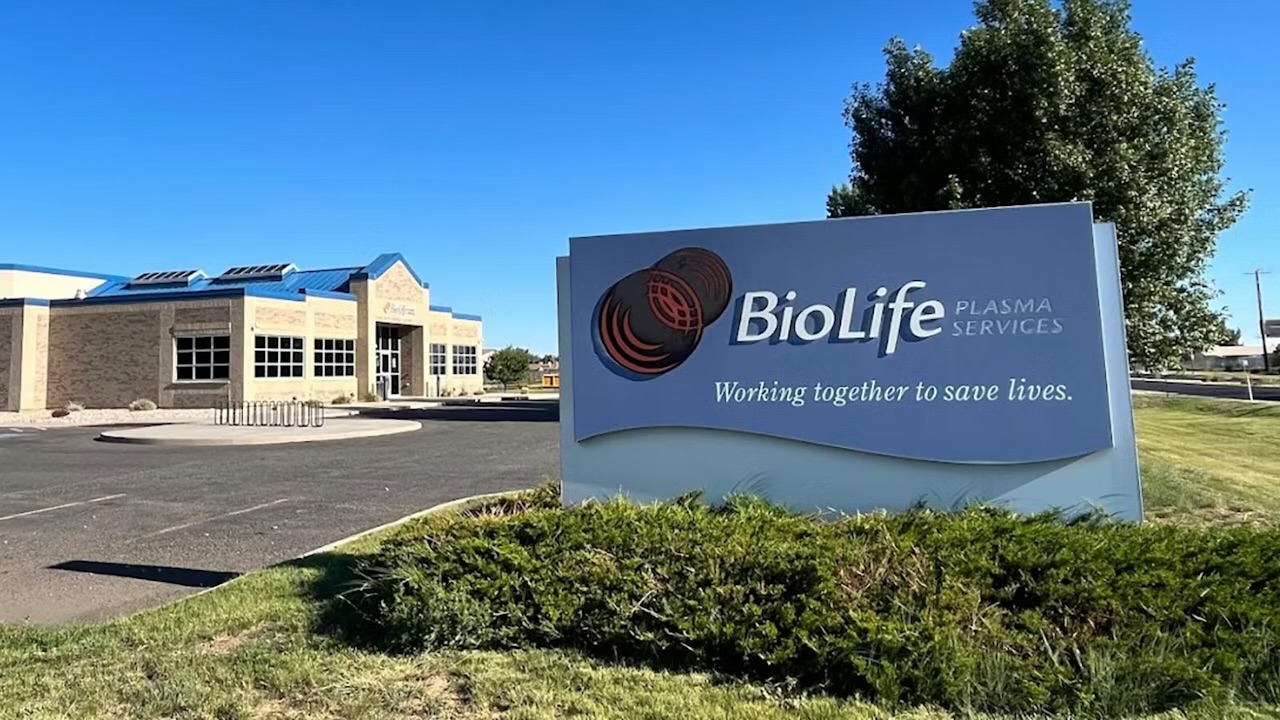
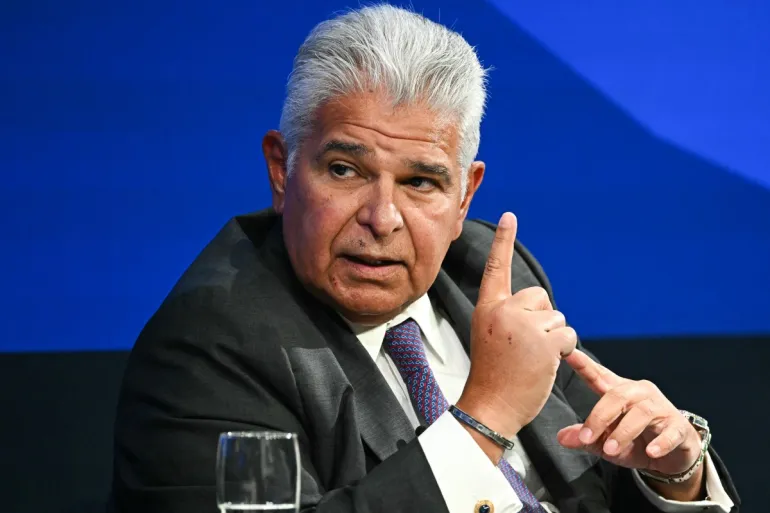

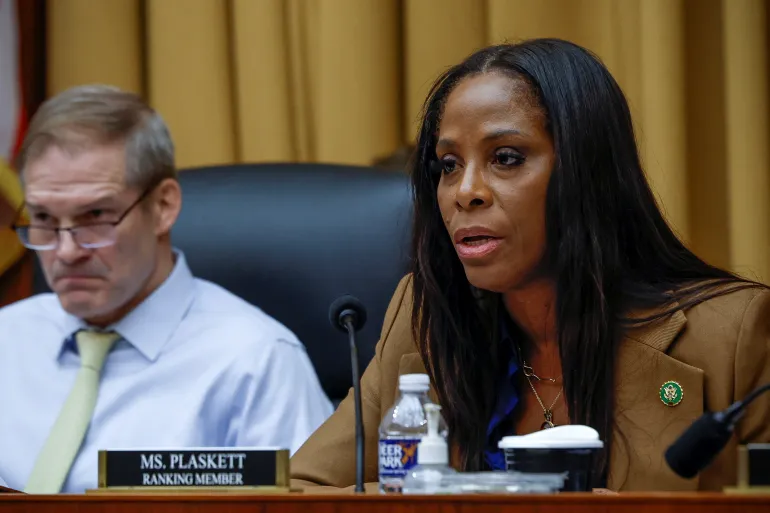
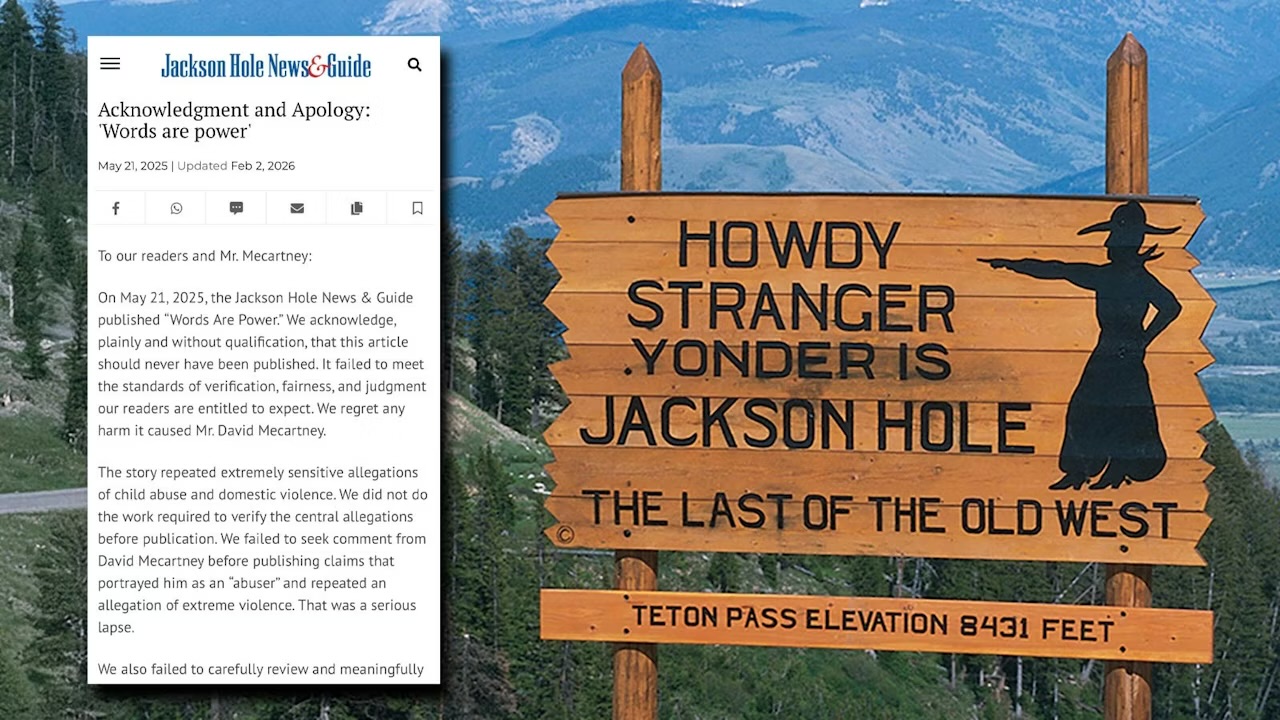
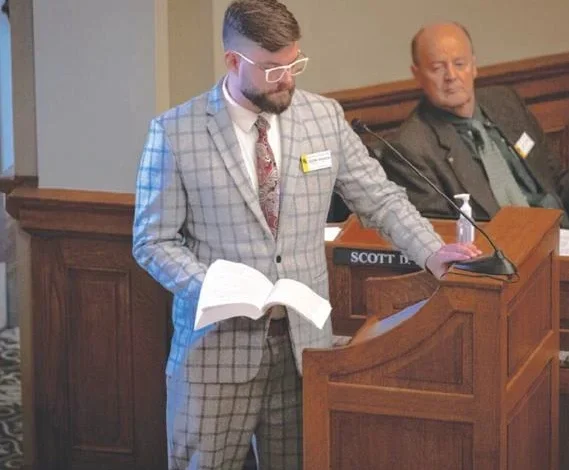




The latest news in your social feeds
Subscribe to our social media platforms to stay tuned